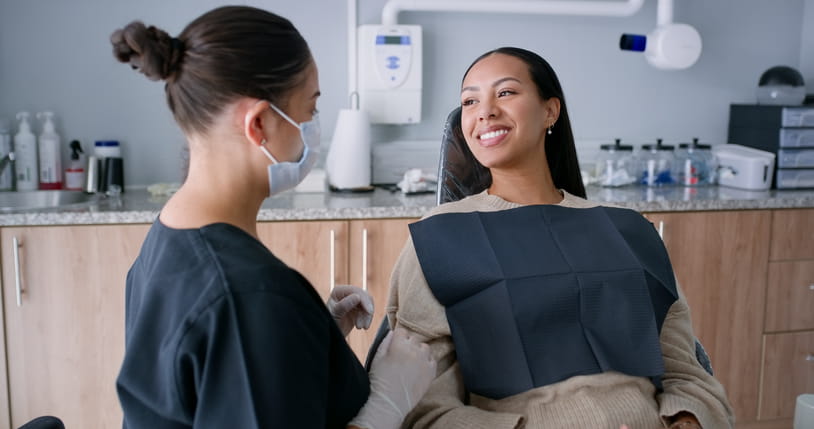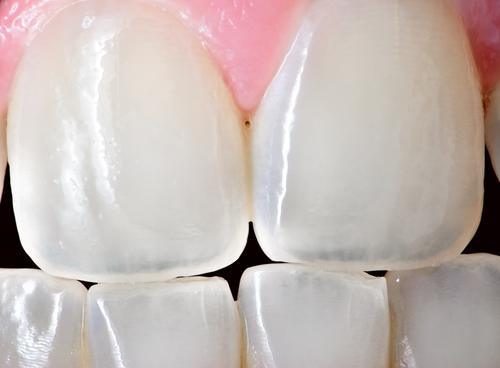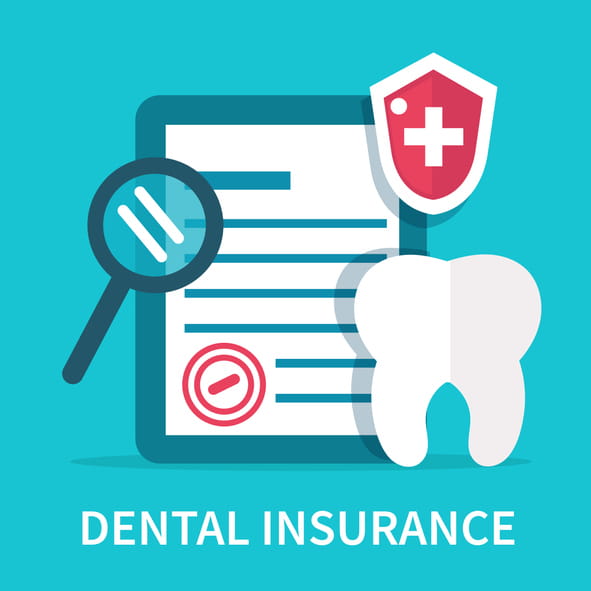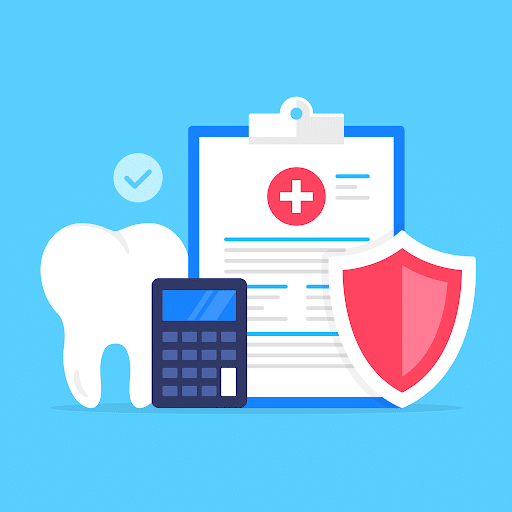Oral Health Myths
We’ve all gotten advice from others about our teeth. While some opinions may have merit, others can be misleading or completely false. As trusted dental professionals, it’s important for us to set the record straight about dental myths that can affect your oral health.
If You Practice Oral Hygiene, You Don’t Need To See a Dentist
The American Dental Association says brushing your teeth twice daily and flossing regularly are vital contributors to oral health. However, that doesn’t mean you do not need to visit your dentist for routine exams and teeth cleanings. Your dentist can remove bacteria and plaque buildup in hard-to-reach areas of your mouth and identify concerns before they develop into major issues.
You Don’t Really Need to Floss
Research has shown that flossing is an effective preventive oral habit that reduces the risk of:
- Periodontal disease
- Cavities
- Tooth loss
- Oral disease
Failing to floss daily can negatively impact your dental health over time. If you struggle with traditional flossing, consider using a water flosser for quick and convenient cleaning between the teeth.
You Get Cavities When You Eat Too Much Sugar
Although sugar consumption can lead to bacteria buildup and acidity that eats away at tooth enamel, it is not the only contributing factor to cavities and tooth decay. Poor oral hygiene, genetics, dry mouth, fluoride deficiencies, and more can increase the likelihood of developing cavities. Just because you avoid sugar doesn’t mean you can neglect your dental care.
Brushing Teeth Harder Will Get Them Cleaner
While it might sound like a good idea to brush your teeth harder to remove more plaque and harmful bacteria, being too harsh on your teeth can cause damage. Forceful toothbrushing can wear away protective tooth enamel, making them more prone to sensitivity and cavities. Additionally, brushing your teeth too hard can irritate the gums and cause gum tissue to recede.
Fluoride in Toothpaste Is Bad for You
Fluoride toothpaste is generally recommended for adults and children to fortify tooth enamel, reverse early tooth decay, and prevent dental demineralization. When the toothpaste is used correctly, the amount of fluoride ingested is far below the daily limits.
If you’re concerned about the effects of fluoride, ask your dentist if fluoride toothpaste is right for you. A dental professional can answer your questions, clarify confusion, or offer alternative recommendations.
You Can Only See a Dentist If You Have Dental Insurance
You shouldn’t let a lack of dental insurance coverage or a tight budget keep you from getting the care you need to maintain a healthy smile. At Absolute Dental, we have special offers, flexible payment options, and deep discounts on dental services through our Smile Saver program.

























